Christopher Elvin Distinguished Chair
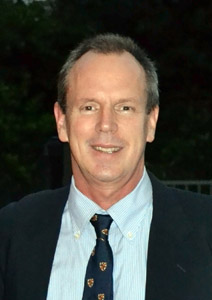
| Home Institution | CSIRO Animal, Food and Health Sciences |
|---|---|
| Host Institution | Lawrence Berkeley National Laboratory and Duke University |
| Award Name | Senior Scholarship |
| Discipline | Biological Sciences – Biochemistry |
| Award Year | 2013 |
“Nature offers the inspiration to guide us in the development of new artificial materials, which can be used to develop better medical devices.”
Dr Christopher Elvin, a Senior Principal Research Scientist with CSIRO Animal, Food and Health Sciences in Queensland, will spend three months in the U.S. furthering his research in the design and synthesis of materials for the fabrication of advanced biomedical devices, at Lawrence Berkeley National Laboratory in San Francisco and Duke University, North Carolina.
“In my current research I see major opportunities in the area of molecular biomimicry, for fabrication of new materials and devices. This means that we observe materials that exist in nature and develop synthetic versions in the laboratory, based on the molecular designs and structures that have evolved over hundreds of millions of years.”
Christopher’s work was based on the research of a 1960s Danish scientist, Professor Torkel Weis-Fogh, who described a rubber-like protein found in insects, called resilin. This almost perfectly elastic material enables fleas to jump, cicadas to sing and improves the efficiency of insect flight.
Christopher was entranced by these studies, and decided to clone and express the resilin gene from Drosophila melanogaster (the vinegar fly). He drew on the scientific expertise of a multidisciplinary team of friends, colleagues and family to develop a new approach to create a rubbery biomaterial, recombinant resilin, which has similar properties to the native material. This work was published in 2005, in the prestigious scientific journal Nature. The result was the most resilient (energy efficient rubber) material known and it displays remarkable fatigue lifetime, surviving for more than 500 million cycles of strain/relaxation.
He will work with his U.S. host institutions to further develop biocompatible and durable synthetic versions of these new materials. Practical applications for this technology include new spinal disc prostheses and artificial heart valves.
Christopher has BAgSc (Hons I) Adelaide University; an MPhil (Biochemistry) University of Cambridge; PhD (Biochemistry) University of Cambridge; Certificate III in Financial Markets – Securities Institute of Australia. Chris has won various awards and prizes including a CSIRO Medal for Research Achievement, a Research Innovation Award from CSIRO, an Ena Orrock Lewcock Award for Botany, Adelaide University, and a Faculty of Agricultural Science Medal, Adelaide University. His interests include photography, golf, movies, social justice and gardening.


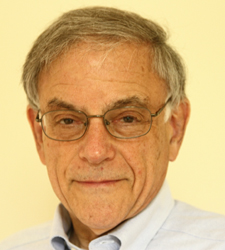
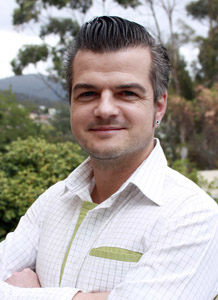
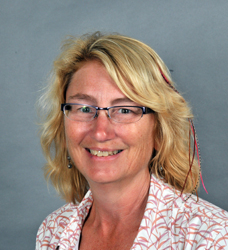
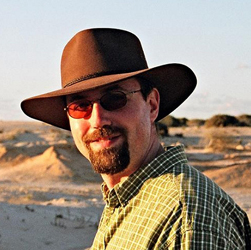
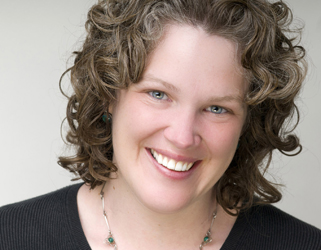
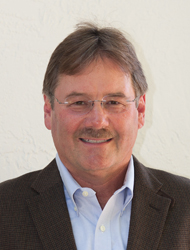

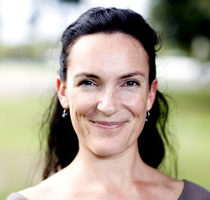
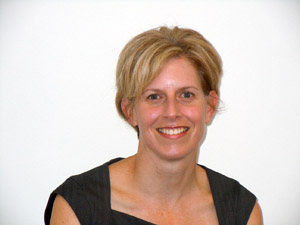
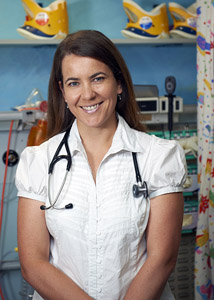
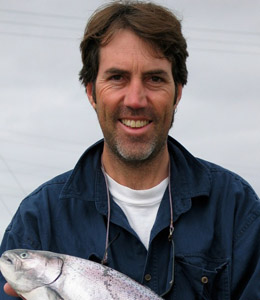
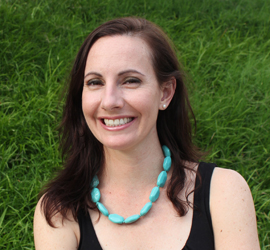

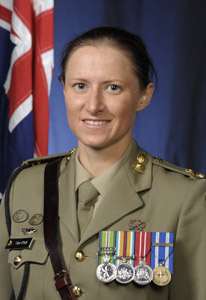
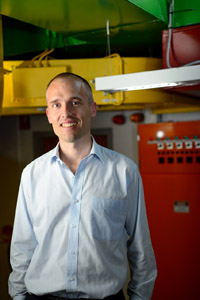
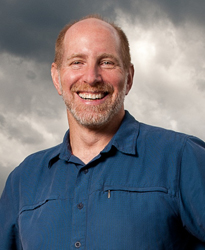
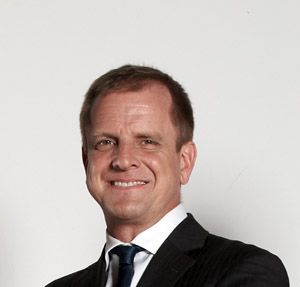
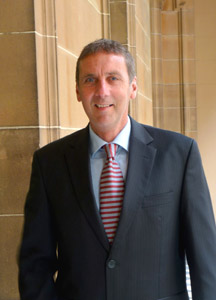
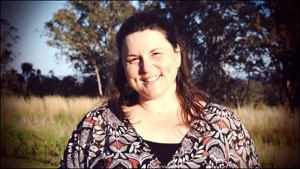
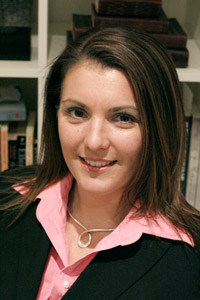
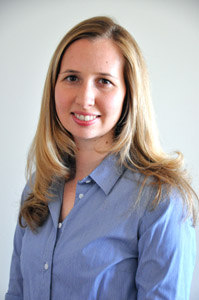
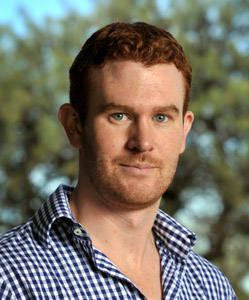
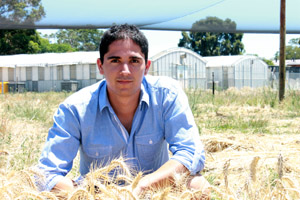
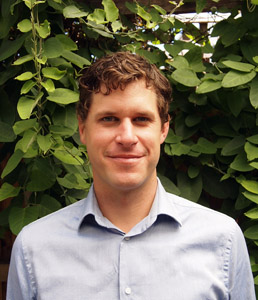
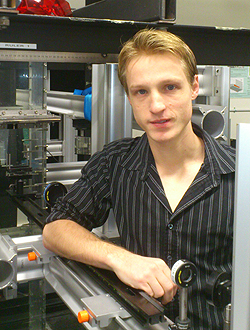
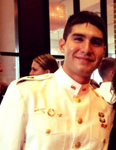
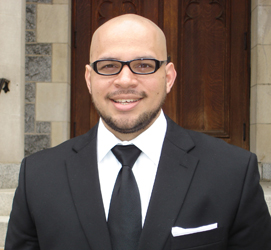
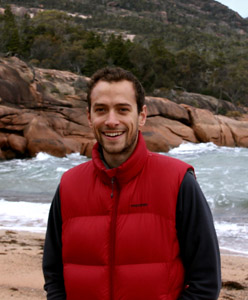
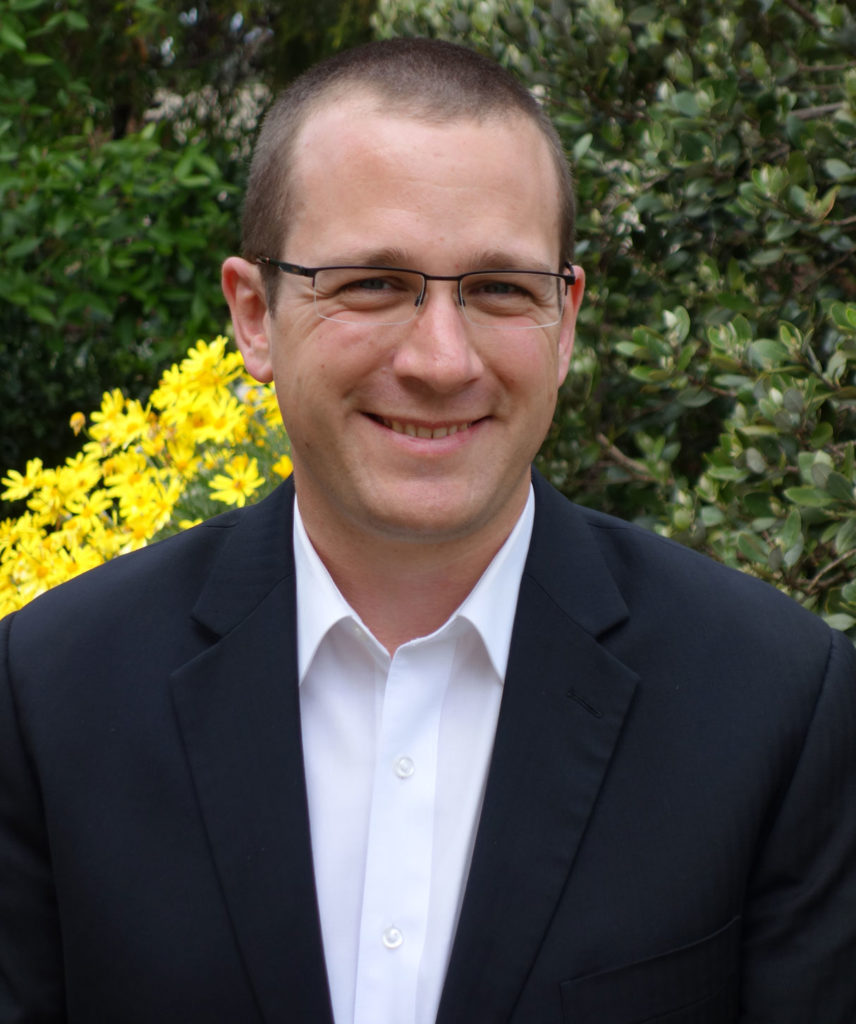
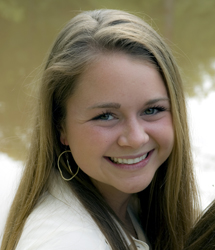
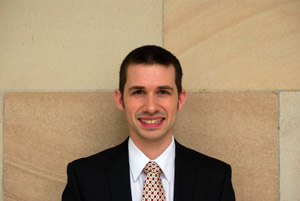
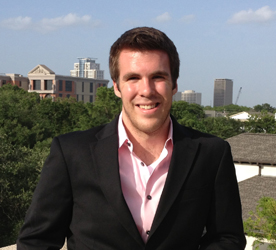
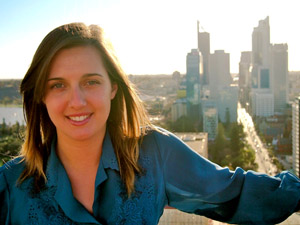
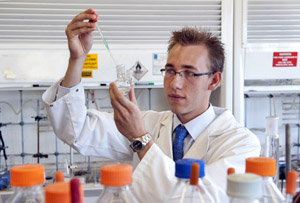
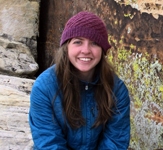
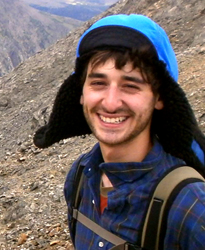
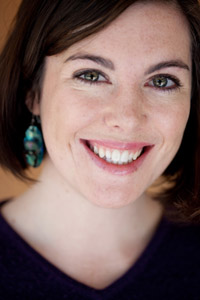
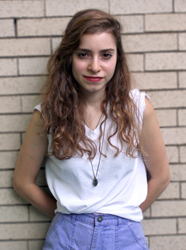
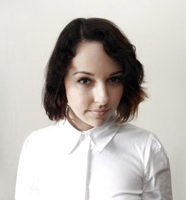
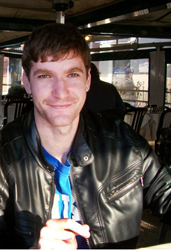
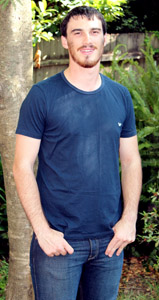

 Facebook
Facebook Twitter
Twitter Linkedin
Linkedin Instagram
Instagram